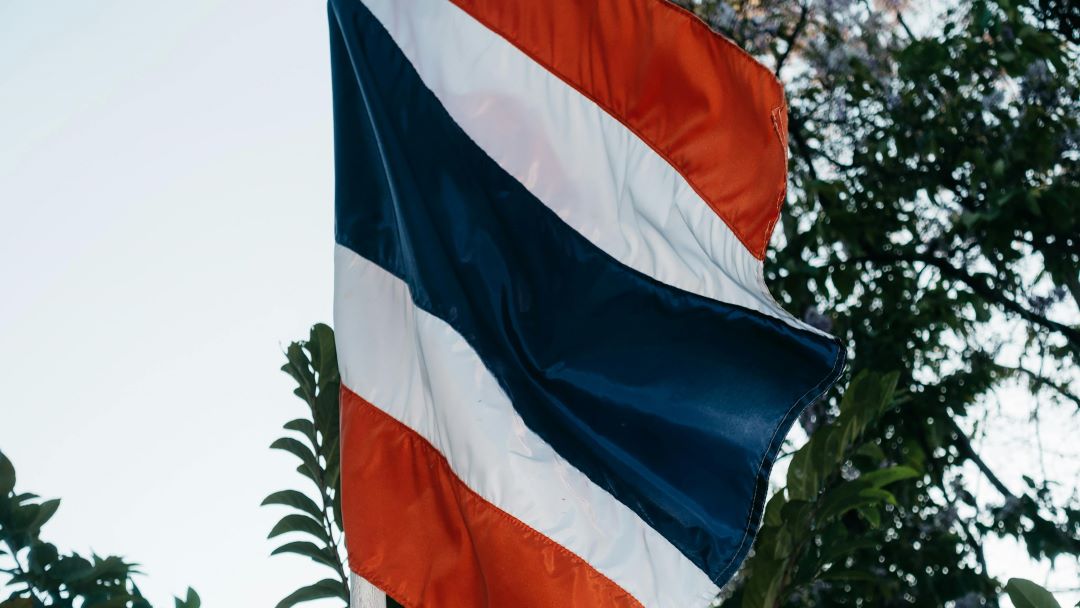Health Minister Cholnan Srikaew anticipates the law, aimed at reversing the previous government’s efforts to legalize marijuana, will be enacted by year-end.
While the law is still in the drafting stage, the current signals from Prime Minister Srettha Thavisin’s government suggest a strict regulation of CBD production and sales, limiting usage to medical and research purposes. This marks a departure from the previous government’s more lenient stance, allowing CBD in various products, including food, beverages, and cosmetics.
Thailand, a pioneer in Southeast Asia, decriminalized all forms of cannabis in 2018, initially setting a THC level of 1.0% by dry weight for hemp plants, in contrast to the common 0.3% observed by most countries. The government’s recent approvals for hemp seed oil-based cosmetics and derivatives for food and drinks signaled a potential boom in the CBD market.
However, the legal landscape underwent changes in 2022, removing hemp and marijuana from the Thai Narcotics Act. While CBD with THC content below 0.2% became relatively more legal, the regulatory structure was not fully developed before the government transitioned.
The current draft law introduces stringent provisions:
- Recreational use faces a complete ban, with fines of up to 60,000 baht (about $1,700) for violations.
- Medical use remains legal, but specific restrictions are yet to be finalized.
- Cannabis businesses will encounter stricter regulations, including licensing requirements, limitations on product types, and potential fines or closure for non-compliance.
- The police gain enhanced powers to search businesses, seize products, and enforce regulations.
- Personal cultivation permits shift from a simple notification system to a licensing program.
Thailand’s journey into marijuana decriminalization started in 2018 for medicinal purposes, followed by the dramatic legalization of recreational use in June 2022. This liberalization aimed at boosting medical tourism and viewing cannabis as a potential cash crop for farmers.
Despite the rapid developments, concerns lingered, especially regarding public marijuana consumption and potential impacts on tourism. The current draft law, if enacted, poses challenges for the burgeoning cannabis industry, impacting both medical and recreational sectors. Industry leaders highlight the absence of proper regulations, governance, and necessary infrastructure, creating a regulatory Wild East. The unfolding scenario underscores the need for a balanced approach that considers economic opportunities while addressing potential societal concerns.
Photo by: Markus Winkler




